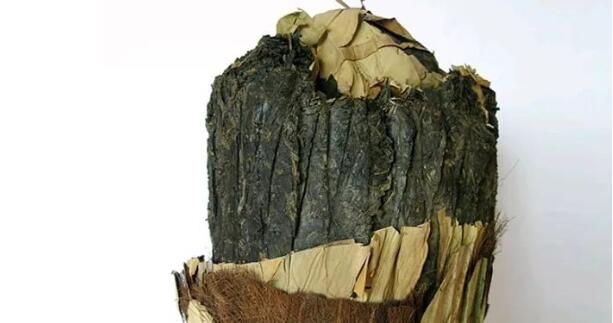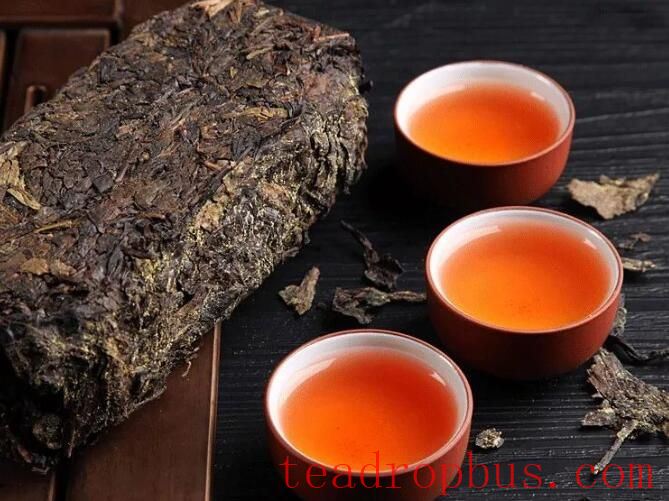“A day without Tea brings sluggishness; three days without it can cause illness.” In recent years, Black Tea has become a popular health product among the general public. As the “whole grain” of teas, its Health benefits have increasingly been discovered.
In ancient times, Tibetans living on the Qinghai-Tibet Plateau primarily consumed diets high in fat and sugar, including beef, mutton, cheese, butter, and barley to adapt to their natural environment. Fu tea became essential for balancing and breaking down these fatty foods and supplementing vitamins. There is a Tibetan saying that goes: “A day without tea brings sluggishness; three days without it can cause illness.”

Black tea is known as the “whole grain” of teas. Don't underestimate these mature leaves, as they contain a wealth of health benefits. Firstly, mature leaves are rich in woody fibers and tea polysaccharides, which can increase gut motility and repair intestinal function. Scientific testing has shown that black tea contains the highest levels of tea polysaccharides with the strongest activity. Long-term consumption of black tea has beneficial effects on regulating blood lipids, blood sugar, and blood pressure, as well as controlling body weight and shape.
Secondly, mature leaves are abundant in tea pigments. The primary components of black tea's color are theaflavins and thearubigins. Theaflavins are effective free-radical scavengers and antioxidants with benefits such as beauty enhancement, cancer prevention, anti-mutation, and antibacterial properties. Their most significant benefit lies in inhibiting the formation of plasma lipids and delaying the formation of thrombi in cardiovascular systems.

Black tea also contains unique tea amino acids that can help inhibit increases in blood pressure. Additionally, black tea is rich in several functional components, including tea polyphenols, caffeine, vitamin B, Vitamin C, vitamin E, vitamin U, and vitamin K, all of which are essential for enhancing immunity.
Moreover, black tea is rich in various minerals. Fu brick tea, a type of black tea, contains 28 kinds of minerals, including sodium, potassium, iron, copper, phosphorus, and fluorine. For those who consume fewer fruits and vegetables, drinking Fu brick tea can help supplement necessary minerals. Furthermore, studies have shown that selenium is a crucial component of the body's most important antioxidant enzymes, playing a role in preventing aging and maintaining immune function.

In fact, the mature leaves used in black tea offer unique advantages over the tender leaves used in so-called “high-grade teas.” Similar to modern people turning to whole grains, the nutritional benefits of black tea are all contained within its “maturity.”
The benefits of the “whole grain” of teas – black tea:
1. Mature leaves are rich in woody fibers and tea polysaccharides, which can increase gut motility and repair intestinal function.
2. Mature leaves contain abundant tea pigments. Theaflavins are effective free-radical scavengers and antioxidants with benefits such as beautification, anti-mutation, and antibacterial properties.
3. Mature leaves contain proteins, special amino acids, and tea amino acids that can help inhibit increases in blood pressure.
4. Rich in various minerals, including sodium, potassium, iron, copper, phosphorus, and fluorine. Moreover, black tea is a relatively mild tea that aids digestion and has much lower caffeine content than Green Tea, making it suitable for evening consumption without worrying about insomnia.
Therefore, for modern people who often indulge in meat-heavy diets, the accumulation of fats and calories in the body can easily lead to weight gain. Drinking more black tea not only helps eliminate greasy substances but also clears out internal waste, protects blood vessels, and prevents obesity.